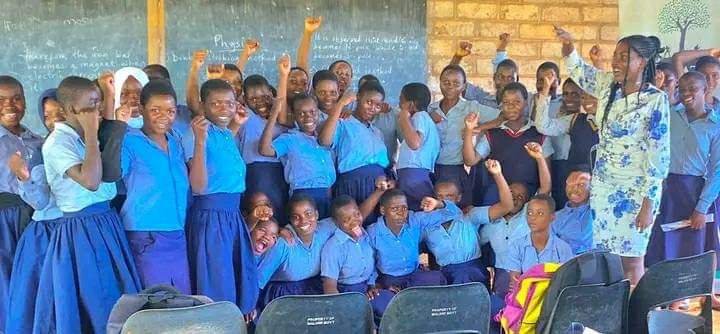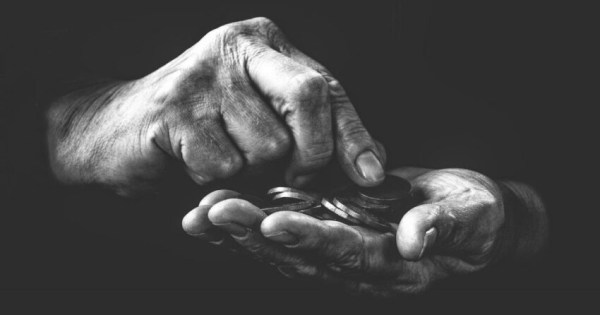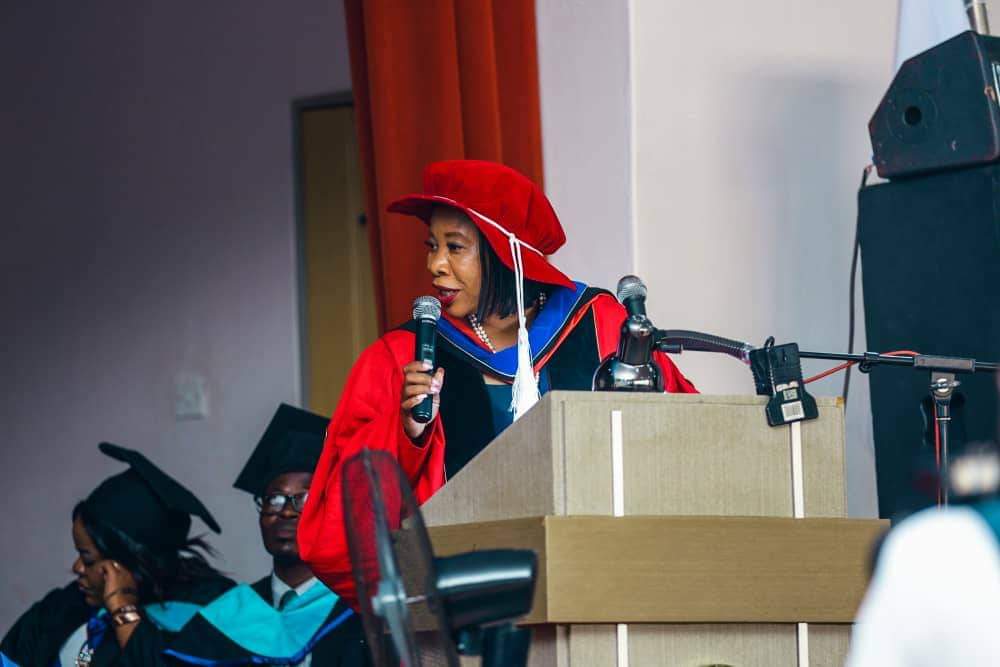More than 300 million women and girls are menstruating daily; according to World Bank.
It is further estimated that 500 million women and girls globally struggle to access to menstrual products and adequate facilities for menstrual hygiene management.
The situation is even worse in low-income countries like Malawi.
A 2015 UNICEF report says half of the schools lack adequate water, sanitation and hygiene services crucial to enable girls and female teachers manage menstruation.
But things are getting out of control in Mchinji district. The Radar has established that over 3600 girls from 17 education zones are missing 15 of the 60 class days due to poverty period.
This is threatening their future and exposing them to child marriages. Poverty period is loosely described as the struggle many low-income women and girls face while trying to afford menstrual products.
Zikomo Organization is carrying out a project of providing menstrual cups to girls in 9 of the 17 education zones. Basically, a menstrual cup is a hygiene device which is inserted into the vagina during menstruation to collect the menstrual fluid.
In an interview with Our News Platform Mw, Executive Director for Zikomo Organization, James Wilson Phiri said they are targeting more than 400 girls from six schools in each zone.
But he lamented that this still leaves more girls distressed and out of class.
Periods are a natural process and a part of nearly every girl’s life.
But without access to better toilets or menstrual products at school, many girls are missing out on their education.
A 2014 UNESCO report revealed that an estimate of 1 in 10 girls in Africa misses school when they are in period; leaving others prone to risk of infection from using unhygienic products or not changing them often enough.
Agness Zalakoma is one of the girls from Ndirande township in Blantyre.
She tells Our News Platform Mw that most girls at puberty stage miss 5 days of classes each month.
“Because we can’t afford the price of sanitary pads, we mostly use a dirty piece of cloth instead,” she uncomfortably explains.
“The 2020 BMC Journal titled Acceptability of menstrual products interventions for menstrual hygiene management among women and girls in Malawi found out that most girls use a rag from the old cloth, which is folded and looped about a string around the waist and kept in a place with underpants,” she said.
But Agness said this itches and produces a bad smell when over used; still creating a-not-so-conducing environment for learning.
In 2022, the Malawi government removed import duty and excise tax sanitary pads.
“In the spirit of promoting girl child education, government has listened to the contributions that came from various stakeholders and has consequently removed duty and excise tax on sanitary pads,” said Finance Minister, Simplex Chithyola Banda.
The move received more praises from education and gender rights campaigners but the situation remains dire especially in rural areas.
Certainly, Zione and many more girls across Malawi could be on the verge of dropping out of school if the poverty period persists with no end in sight; exposing them to cruel child marriages and elevated poverty.
In 2017, UNICEF said 46% of Malawian girls are married before the age of 18 and 9% before the age of 15.








